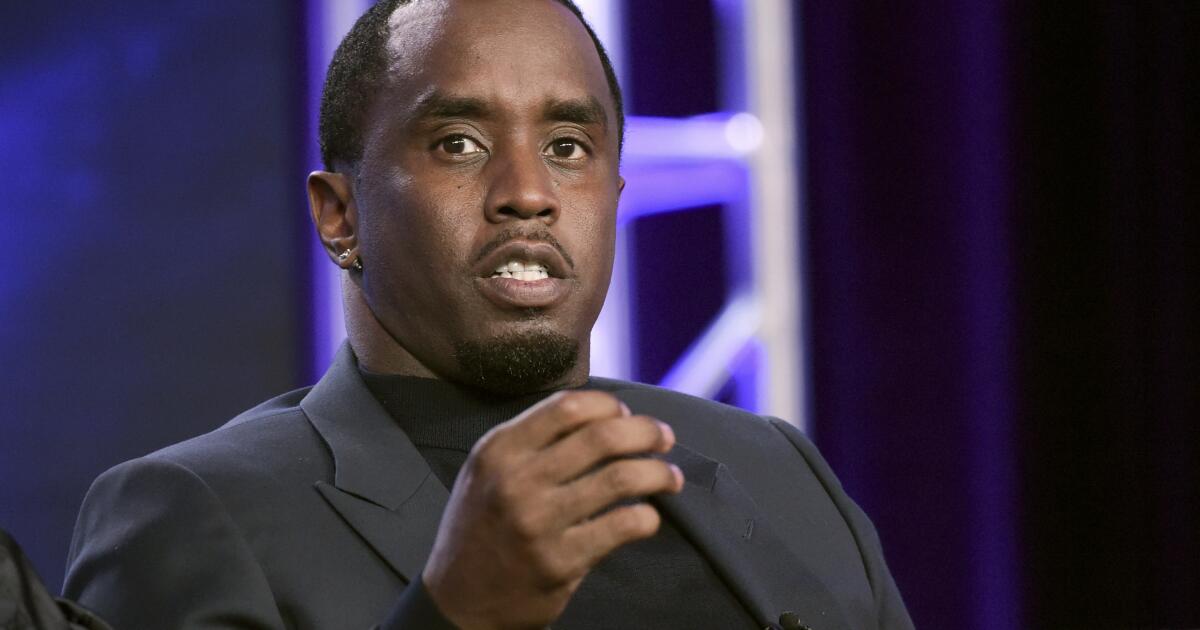The European judiciary considers the reparations planned by France for these families, who were repatriated and imprisoned in camps after Algeria’s independence, to be inadequate. recognition for their children.
Published
Reading time: 2 minutes

European justice rules in favor of Harkis’ four children who confiscated it. In 1962, her parents were also among those who returned. The Tamazount escape the massacre in Algeria and find themselves in camps in the south of France. First Rivesaltes, then Bias.
It is one of the dark pages of French history: the fate that was reserved for the Harkis after the Algerian War. These Muslims, who fought alongside the French army in Algeria and a large part of whom were forgotten by France, left Algeria. Others were returned to France, albeit under squalid conditions. Today France is being condemned by the European Court of Human Rights, which has ruled that the living conditions in these camps are incompatible with respect for human dignity.
The members of the Tamazoult family will spend 13 years locked up and without any freedom, recalls Charles Tamazount, president of the Harkis and Truth committee and the family’s fifth child. “They couldn’t leave the camphe says. They had no right to enter the Republic’s school, since classes took place in the camp itself among the children of Harkis. The mail they were able to receive was censored and opened by the camp administration. And finally, their social benefits were diverted and stolen by the French state to run the camp structure.”
“The Harkis lived in complete poverty for more than 15 years.”
Charles Tamazountat franceinfo
In total, 40,000 Harkis and their children passed through these camps. Some lost their lives due to lack of care. Recurring unsanitary conditions and several uprisings led the state to close the camps beginning in 1975, but it was not until 2001 that Jacques Chirac expressed France’s gratitude to the Harkis. In 2021, Emmanuel Macron asks her for forgiveness. In 2022, a law will be passed recognizing the nation and providing compensation for the damage suffered.
Repairs deemed inadequate
This is another victory for the Harki associations, which denounced the benchmark set by the government. The European Court of Justice is of the opinion that the maximum number of 16,000 intended for a 13-year stay in the camps is not enough. Crumbs, Charles Tamazount even denounces: “We cannot allow such a ridiculous reparation measure by the public sector, which amounts to a few thousand euros. The government must pursue a reparation policy commensurate with the severity of the harm suffered by these Harkis families.”
The “Harkis and Truth” committee is calling for 10 to 15,000 euros per year to be spent in the camps for arbitrary detention. He hopes for new positive court decisions. There are around ten similar files on the desk of the European Court of Human Rights and many disputes are also in the hands of the administrative courts in France.








